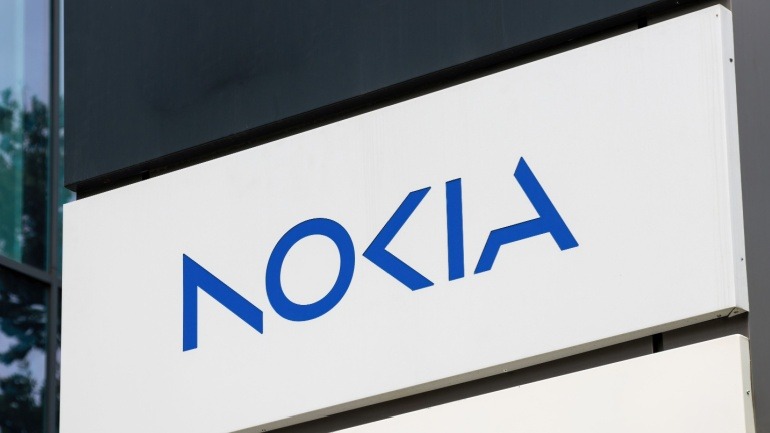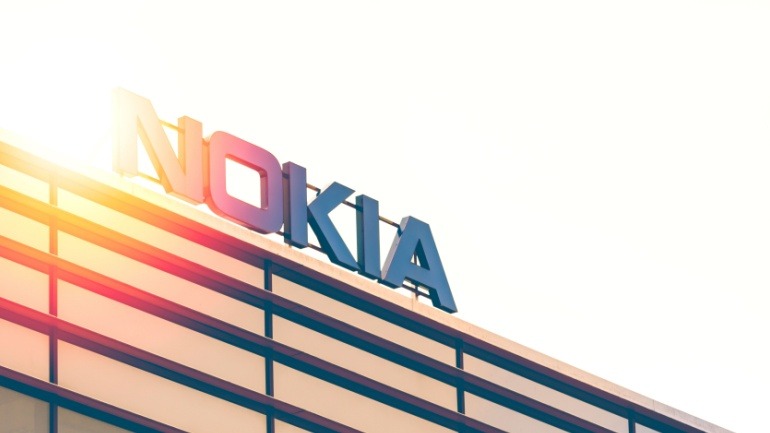In light of the current economic climate, several telecom giants, including Nokia, Ericsson and AT&T, have reported a downturn in their financial results for 2023. Nokia’s recent quarterly and annual financial reports indeed indicate a significant decrease in net sales, attributed to the pervasive economic uncertainty affecting operator expenditure.
Nokia’s President and CEO, Pekka Lundmark, has attributed this somewhat sobering trend to a “meaningful shift in customer behaviour”. Lundmark underscores rising interest rates, inventory digestion, and a challenging macro-economic environment as key contributing factors. In spite of the company’s ability to stay afloat amidst such difficulties, he anticipates that these hurdles will persist into 2024.
A detailed look into Nokia’s quarterly financials reveals a 17% year-on-year decline in sales in mobile networks, the company’s highest-earning sector. This figure amounted to a significant €2.5 billion. However, all is not gloom, as the company generated €1.7 billion of free cash flow during the quarter, wrapping up with a net cash flow of €4.3 billion. In light of this financial trajectory, Nokia forecasts an operating profit of around €2.3 billion to 2.9 billion for the upcoming year.
Following the announcement of these financial results, Nokia shares experienced a welcome surge of 8.5%. However, it is imperative to note that just a month prior, AT&T’s $14 billion 5G deal with telecom rival Ericsson had dealt a significant blow to Nokia’s standing in the United States’ network. The implications of this deal resulted in a 25% reduction in Nokia’s share price compared to the previous year.
Despite acknowledging the setback represented by the AT&T deal, Lundmark maintains an optimistic outlook, asserting his confidence in Nokia’s strategic plan, designed to sustain a double-digit operating margin over the long-term.
This prevailing market trend is not exclusive to Nokia, however, as confirmed by Ericsson and AT&T’s recent financial disclosures. The current market volatility has necessitated drastic cost-cutting measures throughout the industry, including job cuts. Ericsson, for instance, announced last February the elimination of 8,500 positions within the company, echoing the widespread turbulence within the industry.
Thus, the present challenging landscape within the telecommunications sector urges both telecom operators and vendors alike to take strategic steps to stay afloat in turbulent economic waters. Despite these setbacks, the leading players in the industry remain optimistic about the future, firmly believing in their strategies to navigate these challenges.







